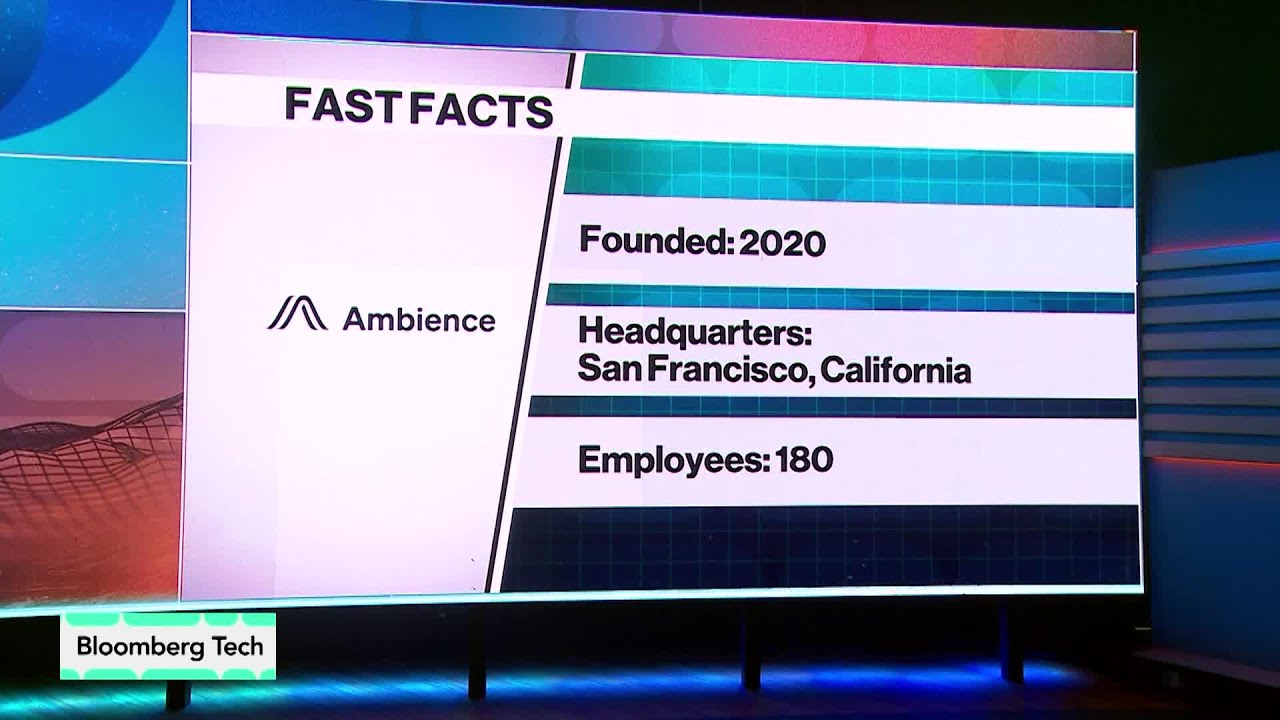The health startup, valued at $1.25 billion after raising $243 million with backing from OpenAI and Andreessen Horowitz, has developed an AI-driven platform that automates administrative tasks and supports clinicians across specialties to improve patient care and operational efficiency. By collaborating closely with OpenAI to create clinical-grade, compliance-ready AI models, the company addresses healthcare’s complex regulatory and privacy challenges while tackling workforce shortages and reducing costly administrative waste.
The video discusses a health startup valued at $1.25 billion after raising $243 million in a funding round led by Andreessen Horowitz, with participation from OpenAI. The company has developed a platform designed to alleviate the administrative burdens faced by clinicians, allowing them to focus more on patient care. This platform automatically summarizes patient context before visits, listens during consultations to generate documentation, and automates downstream administrative tasks such as coding, billing, and prior authorizations, which are critical for health system revenue.
A key strength of the company lies in its deep collaboration with OpenAI and other foundation model developers to create specialized AI models tailored for healthcare and medicine. These models are integrated into workflows that support clinicians across a wide range of specialties. For example, at Cleveland Clinic, a leading academic medical center with over 100 specialties and subspecialties, more than 80% of clinicians use the technology daily for over 70% of their patient visits, demonstrating the platform’s broad applicability and effectiveness.
The company differentiates itself from general-purpose AI by focusing on building clinical-grade, compliance-ready models that understand the complexities of medical reasoning across diverse specialties. This specialization bridges the gap between generic AI capabilities and the nuanced demands of clinical practice, enabling the creation of software that genuinely addresses frontline healthcare challenges. This focus on clinical depth and compliance makes the business defensible against potential competition, including from OpenAI itself.
Regulatory compliance and patient privacy are central to the company’s approach. Working closely with premier academic institutions, the startup has developed infrastructure and governance processes to ensure that AI training and deployment are conducted safely and responsibly. This careful attention to privacy and regulatory requirements is crucial given the sensitive nature of healthcare data and the varying policies across different hospitals and health systems.
The broader opportunity for this technology is significant, especially in light of the growing shortage of healthcare workers and the massive administrative waste in the U.S. healthcare system, which costs around $1 trillion annually. By improving administrative efficiency and supporting clinicians with better tools, the platform has the potential to enhance patient care and address workforce challenges, making it a promising innovation in the healthcare sector.
